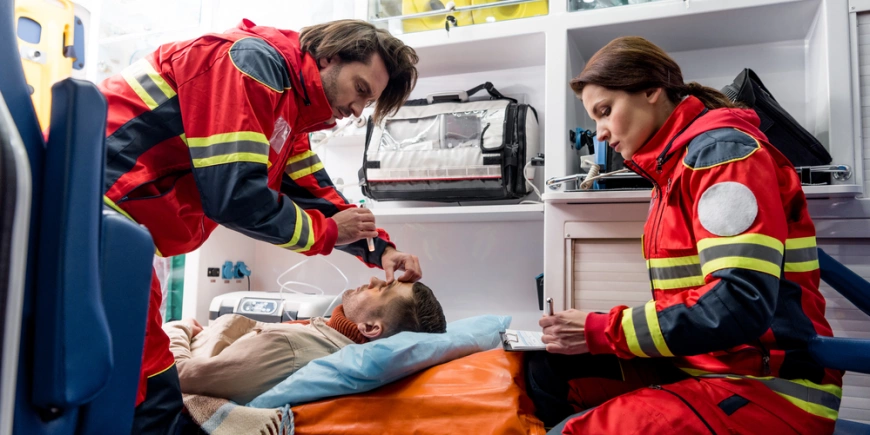TakeCHARGE of Your Healthcare Proxy.... Before There's an Accident

I got the phone call that all parents dread. “Mom, Matt was in a serious car accident on his way home.”
I tried to call the hospital half-way across the country to find out what happened to my youngest son. No one would talk to me. They wouldn’t even tell me if he was there.
Pretty obnoxious I thought. That’s not a HIPAA policy but I knew it was a privacy policy and he had a right to his privacy. Finally, he called me. Someone told him his mother was worried.
Older adults still believe that they have automatic rights over their young adult children.
As soon as he came home, we sat down, my two sons and myself, and I talked to them about healthcare proxies, and asked them what they would want to do were they not able to speak for themselves. Going over the long list of questions, the three of us had some serious ideas of what we wanted and we even talked about our beliefs of what the afterlife would be like. Being their healthcare proxy or surrogate decision-maker is not about death and dying but also about how someone wants to live. To spend their life on a breathing machine unable to speak or interact with people, for example.... or not.
We completed the forms, had them signed by a witness, and my sons put them in their wallets and took copies of each other’s. Relieved, I figured if they cleaned out their wallets as rarely as they clean out their rooms, they’d be there forever.
Years later, when my oldest son got a new wallet for Christmas, he emptied his old wallet and the form was still in there. My copy for each of them is still in safe place.
I use this story when I speak to high school or college students about becoming a well prepared patient. Older adults still believe that they have automatic rights over their young adult children. Advocates, don’t forget when you are speaking to your older clients about their wishes, you can make it a family discussion.
April is the month that The TakeCHARGE Campaign encourages Step #1 of the 5 Steps to Safer Health Care. Please plan a conversation with your family, the people you care about and your clients. If you ever get that call, at least you have something to say: you have the right to know…………………
Learn more here www.TakeCHARGE.care
Ilene Corina, BCPA
President, Pulse CPSEA
